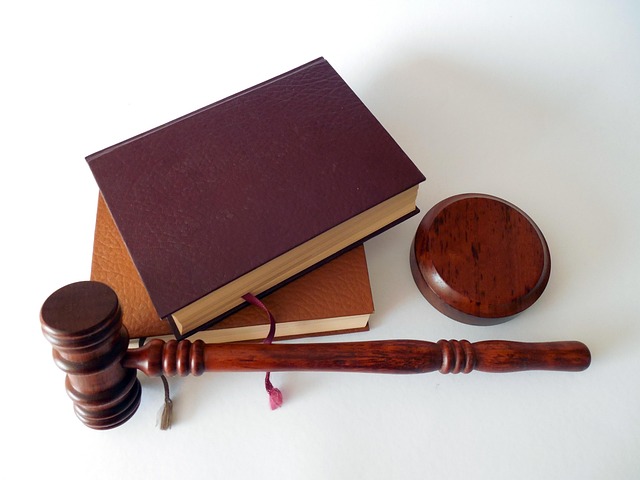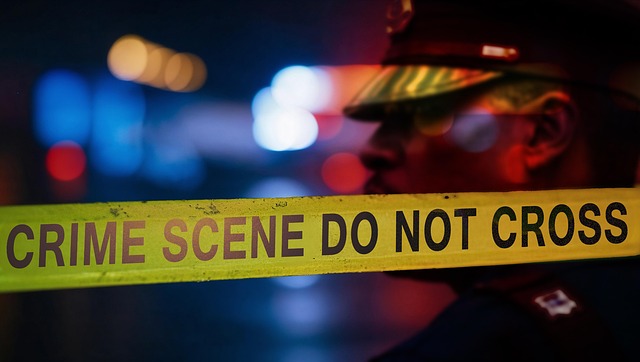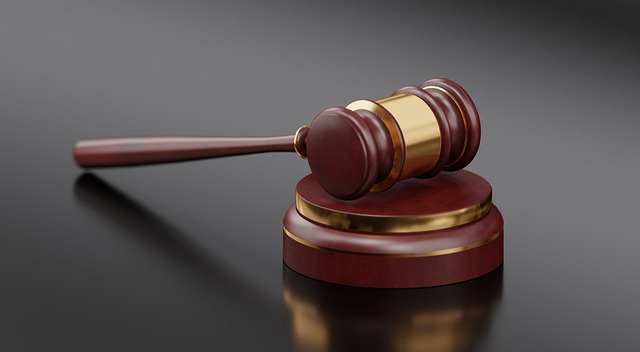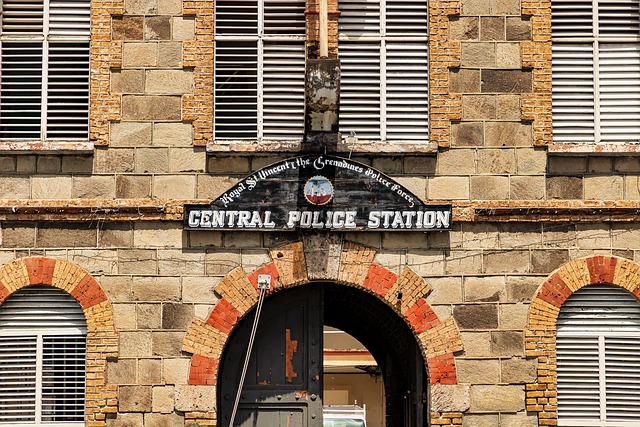In high-stakes legal battles, especially C-Level cases, understanding and challenging witness credibility through effective strategies is crucial for exceptional outcomes. Lawyers meticulously examine backgrounds, biases, inconsistent statements, and knowledge gaps to expose weaknesses in testimonies. This includes reviewing prior legal involvement, relationships with parties, and psychological evaluations. Robust cross-examination techniques, deep background dives, and logical reasoning reinforce defenses and ensure fact-based representations, significantly impacting complex litigation outcomes.
In legal proceedings, witness credibility is paramount. When high-level cases—involving C-suite executives, for instance—land in court, understanding and contesting witness integrity becomes critical. This article explores effective strategies to challenge testimony, focusing on identifying potential biases, interest conflicts, and using robust cross-examination techniques. By delving into these methods, legal professionals can navigate complex trials, ensuring justice is served through rigorous evaluation of witness claims.
- Understanding Witness Credibility in Legal Proceedings
- Identifying Potential Bias and Interest Conflicts
- Cross-Examination Techniques to Challenge Testimony
- Using Evidence and Logic to Discredit Witness Claims
Understanding Witness Credibility in Legal Proceedings

In legal proceedings, particularly high-stakes cases, understanding witness credibility is paramount to achieving extraordinary results. Strategies to contest witness credibility are essential tools in navigating complex trials. Legal professionals must scrutinize every aspect of a witness’s testimony, from their personal history and potential biases to any inconsistent statements or lack of knowledge. This involves a thorough review of the witness’s background, including previous legal involvement, relationships with parties involved, and any relevant psychological evaluations.
By employing these strategies at all stages of the investigative and enforcement process, attorneys can effectively challenge the veracity of witnesses, exposing weaknesses in their accounts. This not only strengthens the defense or prosecution case but ensures a more accurate representation of the facts. Ultimately, a deep understanding of witness credibility can significantly influence the outcome of high-stakes cases, underscoring its importance in legal strategy.
Identifying Potential Bias and Interest Conflicts

In any legal proceedings, especially at the C-Level where reputations and stakes are high, identifying potential bias and interest conflicts is paramount. Strategies to contest witness credibility in trials become crucial tools for achieving justice. A meticulous review of a witness’s history, associations, and financial interests can reveal biases that may taint their testimony. By employing these strategies, legal teams can ensure the integrity of the trial process, aiming for an unprecedented track record in defense verdicts, particularly in complex cases involving high-profile individuals.
Witnesses with personal or professional ties to any party involved—be it the defendant, plaintiffs, or other witnesses—may exhibit a bias that affects their account of events. Additionally, financial incentives or potential repercussions can influence a witness’s truthfulness. Legal professionals must interrogate these relationships and motivations using relevant evidence and expert testimony. This approach, honed through years of experience in general criminal defense, enables attorneys to build robust challenges against dubious testimonies, ultimately advocating for their clients’ rights and interests.
Cross-Examination Techniques to Challenge Testimony

In investigations at the C-level, where high stakes are involved, mastering cross-examination techniques is key to challenging testimony and bolstering defenses. Strategies to contest witness credibility in trials go beyond mere questioning; they require a deep understanding of the witness’s background, motives, and potential biases. Lawyers must employ tactful and strategic approaches to expose inconsistencies, conflicts, or reasons that might skew their testimonies, thereby undermining their overall reliability.
By leveraging thorough preparation, including reviewing documents, interviewing witnesses, and delving into the respective business context, attorneys can construct compelling arguments to discredit opponents’ claims. An unprecedented track record of winning challenging defense verdicts relies heavily on these strategies. Through meticulous cross-examination, legal professionals can navigate complex cases, uncover hidden truths, and present a robust defense, even in the face of seemingly overwhelming evidence against their clients.
Using Evidence and Logic to Discredit Witness Claims

In white-collar defense cases, discrediting witness claims using evidence and logic is a crucial strategy to contest credibility in trials. This involves meticulous examination of testimonies, often uncovering inconsistencies or biases that may have influenced the witness’s perceptions or statements. By presenting compelling counter-evidence and employing logical reasoning, attorneys can cast doubt on the reliability of witness accounts, which may ultimately sway the jury’s verdict.
Effective strategies include cross-examining witnesses to highlight prior inconsistent statements, exposing potential motives for bias, and using expert testimony to challenge the methodology or interpretation of evidence they provide. Throughout all stages of the investigative and enforcement process, gathering and analyzing facts meticulously is key. This ensures that any challenges to witness credibility are based on solid ground, reinforcing a robust defense for his clients.
In navigating complex legal scenarios, C-level investigations require meticulous scrutiny of witness credibility. By understanding bias, interest conflicts, and employing effective cross-examination techniques, legal professionals can uncover hidden agendas and challenge testimony. Leveraging evidence and logical reasoning is paramount to discrediting witness claims, ensuring fair trials and just outcomes. Adopting these strategies to contest witness credibility is a vital component in achieving successful legal resolutions.






